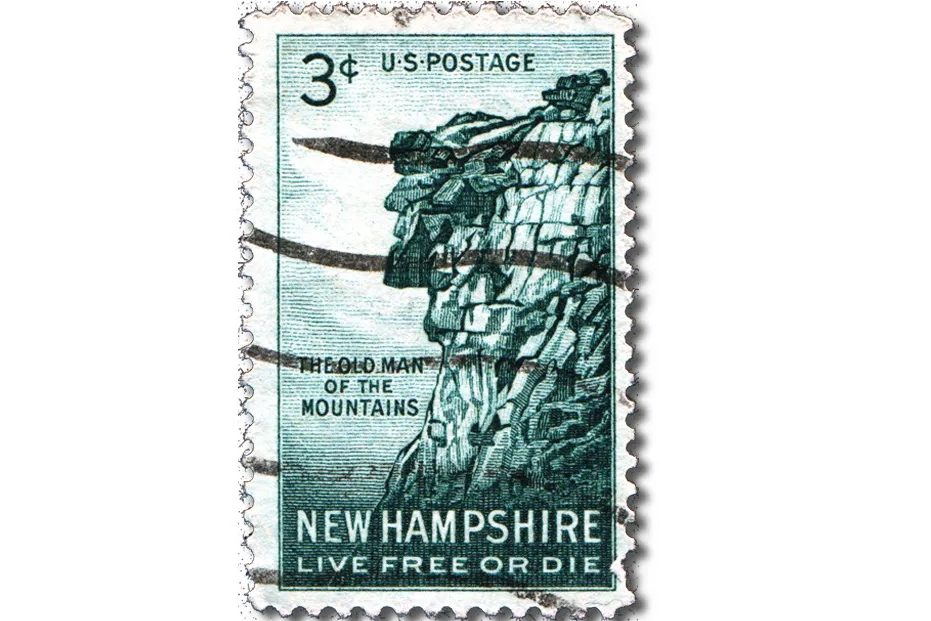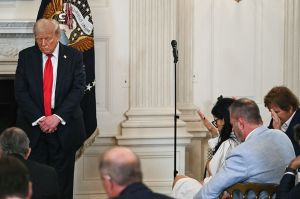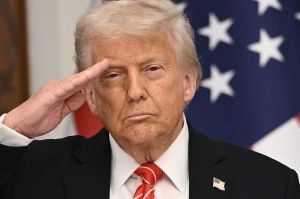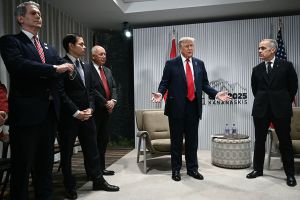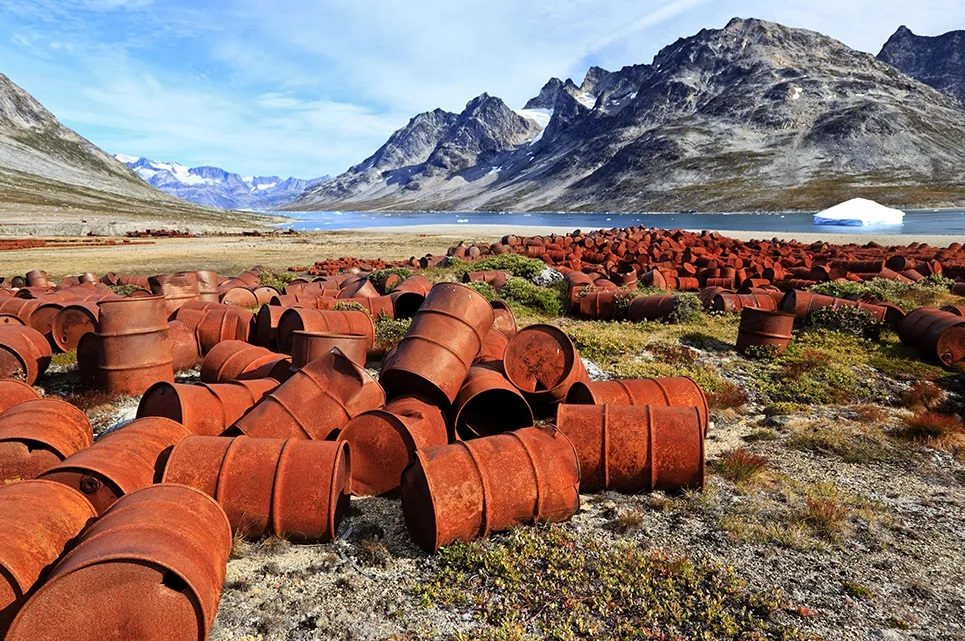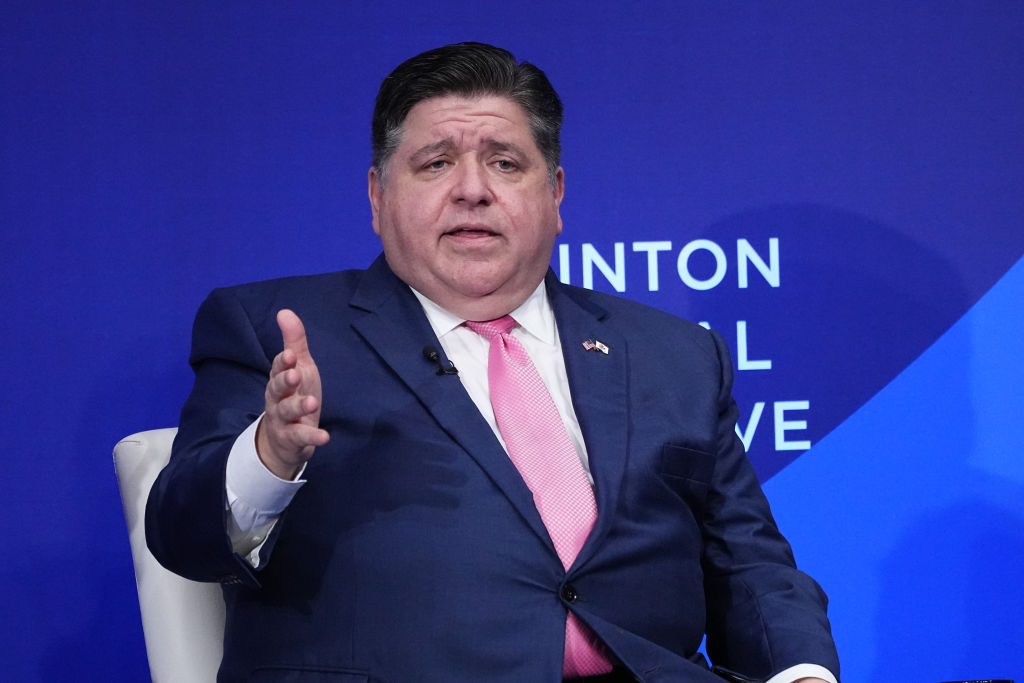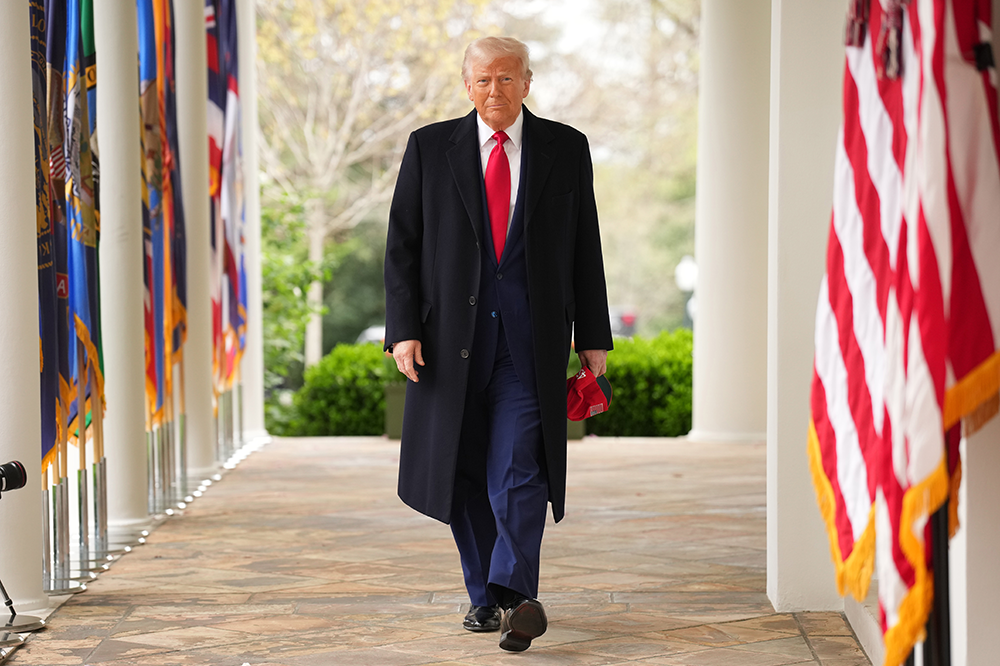Crossing a state line on one of the interstates, drivers are normally greeted by a variety of signs. They may advertise the delights awaiting the visitor — “10,000 LAKES” or “FAMOUS POTATOES” plus instructions about local speed limits. And normally, as the coup de grâce, “BUCKLE UP.”
Traveling north in New England on the I-95 and passing from Massachusetts into New Hampshire the message is more discreet. A small sign announces “Buckle up under eighteen. Common sense for all.” In other words, in New Hampshire, adults of voting age do not have to wear seat belts. It is the only state in the US where this is not compulsory, perhaps the only place in any mature democracy. Even Russia and China have enshrined buckling up in law.
New Hampshire has do-as-you-please gun laws yet it has not had a twenty-first-century mass killing
The notion of liberty in the US takes different guises in different places. The white South’s concept was to have the freedom to first enslave black people and then segregate them. Western ranchers always demand to be free of the federal government, unless there are subsidies in the offing. New Hampshire’s version is more visceral and philosophical.
“Live Free or Die” is the state motto, popularized by John Stark, the state’s most famous general in the War of Independence. This is sanitized on the road map given away at the I-95 tourist office to “Live Free,” “Live Free and Die,” dissidents might say. For this is not just a slogan.
New Hampshire is long but thin: much bigger than old Hampshire. Its population is a mere 1.4 million and usually it has only a few weeks in the limelight once in four years — as the setting of the first primary in the nation, in which presidential aspirants trudge through deep snow into steamy small-town diners pretending to listen to the thoughts of chunky men in check lumber jackets.
The snows are becoming less deep and the diners rarer. And the primacy of the primary is under threat, the state being regarded as cold, small and atypically white. It would be a great blow to local self-esteem.
It is a charming place to visit in warmer months, scenic, dotted with pretty small towns with seemingly random English names. Congregationalists were prominent in the early days of white settlement and their churches thrive on autonomy. New Hampshire now vies with its neighbor Vermont for lowest church attendance, but the tradition is ingrained in its politics. Town meetings are intense and voters send 400 representatives — almost double any of the other forty-nine states — to the bijou state house in the equally bijou capital, Concord. Each gets the grand annual stipend of $100 plus mileage.
With a little light gerrymandering, the Republicans have the edge locally. But the state has voted Democrat for president six times out of seven. And the arguments tend to be moderate and civil, more Eisenhower than Trump. But there is a single common enemy: more populous Massachusetts to the south. Their disputes date back to the eighteenth century and they linger, but mainly in the sense of New Hampshire acting as polar opposite and gadfly.
Massachusetts does high taxes, is stern about guns and has a taste for other do-good laws. Uniquely in the US, it refuses to sell fireworks to anyone but professionals. New Hampshire flogs them to all-comers. It also has no sales or income tax but compensates with high property taxes and a neat line in charging for miscellaneous form-filling.
By the 1970s, it had built duty-free booze megamarkets with nicely judged prices. Massachusetts sent the police to take down the numbers of their residents’ plates in the car parks and the flamboyant New Hampshire governor Meldrim Thomson had the cops arrested. Last month, the cars came from as far as Florida.
New Hampshire also has do-as-you-please gun laws yet the violent crime rate is very low and it has not had a twenty-first-century mass killing. Yet. it also has a low rate of road fatalities. So when Washington began to insist on mandatory seat belts in the 1990s, an influential senator, Judd Gregg, managed to secure a waiver on the grounds that its adults would do the right thing on their own.
Which is sort of true. The only list I could find for US seat-belt usage showed New Hampshire bottom, but it still had compliance rates above 75 percent. Yet there can be little doubt that lives have been lost or ruined that would have been saved by compulsion.
Brenda Oldak, a Democratic activist, was a nurse in an intensive care unit. “I never forget the case of a woman who went through the windscreen,” she told me. “She was so disfigured that we all had pictures so we could understand what she used to look like.”
Though the 400 representatives debate the subject quite often, Andrew Smith, professor of politics at the University of New Hampshire, and the state’s leading pollster, says the status quo is holding: “Polls used to show 45 percent strongly in favor of a seat-belt law but if anything the clamor is decreasing. People wear their seat belts on the interstates and if they go into Boston, which is a deathtrap… But men in rural areas, driving their pick-up trucks, well…’
Motorcycle helmets are also optional (along with only Illinois and Iowa). Even vehicle insurance is a choice. And since 2001 6,000 “Free Staters” have set up home there. They have no standard definition of freedom but they are active in many towns, and one of them is now the Republican leader in the state house. And they are working with the grain. “Live Free or Die gets dragged out on everything,” says Josh Rogers, the political correspondent for the state’s public radio.
“We don’t want to pass laws that aren’t enforceable or which law enforcement don’t want to enforce,” says John Hunt, chairman of the House’s commerce committee. “We feel that if you choose not to wear belts, you’ve got to understand the consequences.”
There is an old saying about the freedom of your fist ending where my nose begins. And the non-wearing of seat belts can be construed as complying with that. Your choice, your risk. However, some Americans took it further by refusing to wear Covid masks, which clearly does not.
And New Hampshire is not entirely consistent. It is the only state in the region that has not legalized the sale of marijuana. The upshot is that, just over its border with Maine, there is a “marijuana mile” catering to neighborly needs. Biter bit. Hunt says they are going to move with the times shortly.
This article was originally published in The Spectator’s UK magazine. Subscribe to the World edition here.



